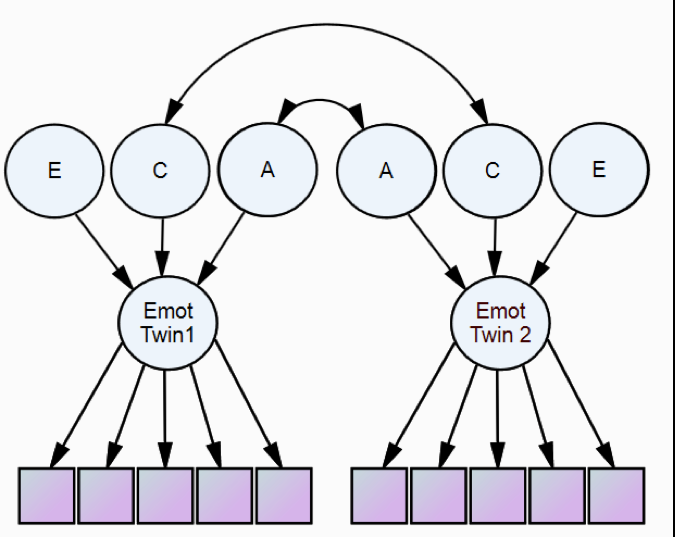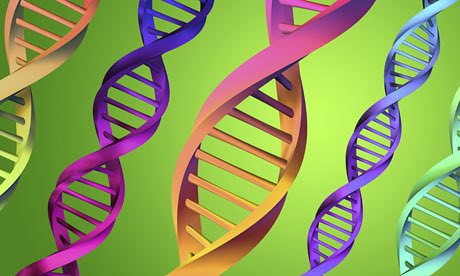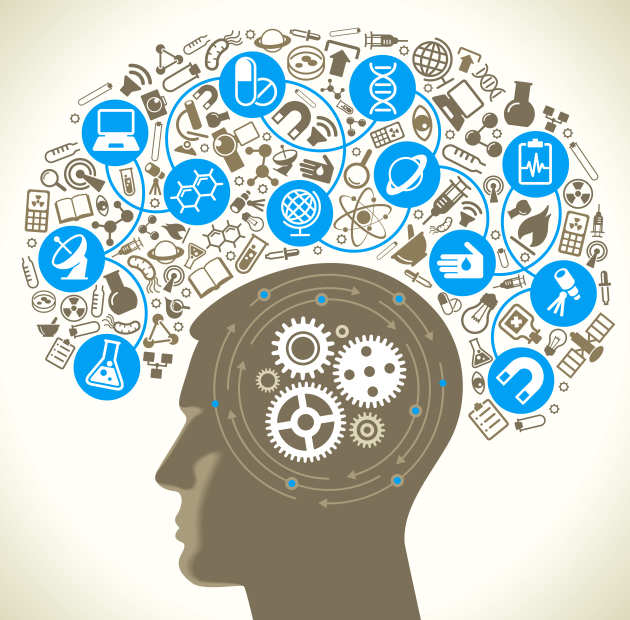
In today’s blog post, Professor Angelica Ronald [guess contributor to our blog] outlines the genetic and environmental causes of paranoid thoughts.

In today’s blog post, Professor Angelica Ronald [guess contributor to our blog] outlines the genetic and environmental causes of paranoid thoughts.

Today Georgina [clinical psychologist and PhD student in our group] walks us through a recent study with implications for understanding OCD and its’ development.

This blog explains our latest publication in which we analysed Twins Early Development Study data on emotional problems across childhood and adolescence. Accurate assessment is difficult but essential if we are to understand the influences on emotional problems. We took advantage of longitudinal data (i.e. taken across time) to define…

In this post Professor Alice Gregory [EDIT Lab collaborator and former PhD student] discusses the aetiology of sleep problems – giving us a taster of what to expect from her book, ‘Nodding Off: The Science of Sleep’

Depression is a leading cause of disability worldwide, contributing considerably to early mortality. Despite significant efforts, the genetics underlying depression has been difficult to identify and there has been limited progress in developing new treatments. Last month the largest genome-wide association study of depression was published in Nature Genetics (1)….

This week on the blog Kara writes about conduct problems and the importance of identifying and understanding differing aetiologies and trajectories across through the lifespan.

When we perceive threat, our bodies initiate a fight-or-flight response (Cannon, 1932). This physiological reaction – involving symptoms such as quickened heart rate – prepares us for action. Although unpleasant, it is likely that this adaptive response enabled our ancestors to run from or fight predators, and therefore to survive…

This week on the blog, Daniel [EDIT Lab PhD student] summarises the findings of a recently published study by Taraban et al. investigating the influence of parental depression on the development of behaviour problems in children through its effect on parenting. Parenting can be stressful, so it comes as…

The scientific process is being used to help researchers reflect on the work being conducted in different fields of science (an approach known as ‘meta-science’). Today, Tom McAdams discusses how meta-science is changing the way scientists understand and approach their work.

Decades of twin studies have shown that childhood behaviour problems including anxiety, depression, conduct and hyperactivity are substantially heritable. However, our recent research found that individual differences in behaviour problems are not significantly influenced by the common DNA differences that we directly measure. This finding held across diverse domains of…
Recent Comments